Tucked into the emerald hills of Central Aceh, where cool mountain breezes carry the scent of coffee blossoms and the soil is black with volcanic richness, something remarkable is happening. Here in the Gayo Highlands, a collective of farmers—led by women and fueled by purpose—is redefining what it means to grow coffee. This is Koperasi Pedagang Kopi Ketiara. But most people just call it Ketiara.
What makes this cooperative special isn’t just the taste of its coffee—though that alone is enough to make a seasoned roaster lean in. It’s the story behind every bean: a story of perseverance, leadership, and change. Founded in 2008 by Ibu Rahmah, a seasoned coffee trader with deep roots in the region, Ketiara has grown into a thriving community of more than 890 smallholder farmers, over 70 percent of them women. It’s a movement built on values as rich as the coffee it produces.
Before Ketiara was even a dream, Rahmah had already spent twenty years immersed in the world of coffee. She ran her family’s business—buying cherries, overseeing processing, dealing with local traders—and she learned every nuance of the trade. She knew firsthand how hard it was for small farmers, especially women, to earn fair prices or have a voice in the industry. And she knew something had to change.
So she built something different.
From its earliest days, Ketiara wasn’t just about coffee—it was about community. It started small: 38 members who trusted Rahmah’s vision and chose to walk a new path together. Over time, more farmers joined, drawn by the promise of fairer prices, shared resources, and a seat at the table. The cooperative grew steadily, but what remained constant was its focus on equity, transparency, and sustainability.
One of the cooperative’s boldest moves came in 2012, when members voted to pursue both Fair Trade and organic certification. It wasn’t easy. Getting certified meant stricter farming practices, detailed record-keeping, and constant oversight. But the farmers saw the value. Certification opened doors to global markets, and the premiums they earned allowed the community to invest in clean water, school renovations, and mobile health clinics. The benefits rippled outward, touching lives far beyond the farms.
And the coffee? It's as memorable as the people who grow it. Ketiara coffee is cultivated at elevations between 1,200 and 1,600 meters, where the cool nights and misty mornings slow the cherry’s ripening, concentrating sugars and deepening complexity. The cooperative sticks to Sumatra’s traditional wet-hulling method—known locally as Giling Basah—which brings out the region’s signature flavors: a bold, full body with notes of dark chocolate, cedar, licorice, and ripe tropical fruit. It's the kind of cup that lingers long after the last sip.
Maintaining that quality doesn’t happen by chance. Ketiara has developed its own internal control system, where farmers receive hands-on training in organic practices, post-harvest care, and moisture control. Field staff regularly visit member farms, offer support, and test lots to ensure standards are met. It’s a system built on trust, but grounded in results—and it’s earned Ketiara long-standing partnerships with roasters like Stumptown, Royal Coffee, Gimme! Coffee, and Artizan Coffee.
Yet what makes Ketiara truly extraordinary is how it elevates women—not just as farmers, but as leaders. Women run harvest teams, manage processing, sit on the board, and mentor young growers. In 2017, the cooperative took it one step further by launching Ratu Ketiara Gayo, a dedicated women’s subgroup focused on expanding female leadership, creating youth opportunities, and developing new product lines.
The land itself is part of the story. Ketiara’s members farm under the canopy of shade trees and amid native vegetation that helps preserve biodiversity and enrich the soil. The cooperative enforces a ban on chemical pesticides and partners with conservation groups to protect the nearby Leuser Ecosystem—home to endangered species like orangutans and Sumatran tigers. Sustainability isn’t a marketing pitch here—it’s a lived commitment.
And when it comes to exports, Ketiara does what few smallholder groups can: they manage the process themselves. That means greater traceability, higher margins, and more direct relationships with international buyers. Roughly 85 percent of their coffee ships to the U.S., Europe, and Asia-Pacific, and buyers keep coming back—not just for the coffee, but for the integrity behind it.
Talk to the farmers and you’ll hear the impact. Some will tell you how they used to sell cherries to middlemen for a pittance. Now, they’re earning more, investing in their homes, and helping make decisions that shape their community. Others will share how being part of the cooperative gave them their first real leadership role. For many, Ketiara isn’t just a co-op—it’s a turning point.
Of course, it’s not all smooth roads. Like any agricultural business, Ketiara faces challenges: fluctuating global prices, ongoing certification requirements, and stiff competition from other exporters. But with a solid foundation and a clear vision, the cooperative is already looking ahead. They're investing in climate resilience, agroforestry projects, and youth leadership programs to ensure that the next generation not only inherits the land—but thrives on it.
In a time when buzzwords like "sustainability" and "empowerment" are often used lightly, Ketiara offers the real thing. It’s a place where ethics and excellence go hand in hand. Where farmers grow more than coffee—they grow hope.
So the next time you’re sipping a rich, earthy cup of Sumatran coffee, think about where it might have come from. Maybe from the hands of a woman in the Gayo Highlands. Maybe from a farmer who now has a vote, a voice, and a vision. Maybe from Ketiara.Producer Spotlight: Koperasi Pedagang Kopi Ketiara
In the lush, mountainous region of Central Aceh, where the volcanic soil and tropical climate provide ideal conditions for growing Arabica coffee, a unique cooperative is reshaping what leadership and sustainability mean in the coffee world. The Koperasi Pedagang Kopi Ketiara, often simply referred to as Ketiara, is a women-led cooperative based in the Gayo Highlands that has built a reputation not only for producing exceptional coffee but also for pioneering a model of community-driven empowerment and environmental stewardship.
Founded in 2008 by Ibu Rahmah, a respected figure in Indonesia's coffee sector, Ketiara has become one of the most prominent and respected cooperatives in the country. With a membership of over 890 smallholder farmers—more than 70 percent of whom are women—the cooperative serves as a powerful example of what is possible when women are placed at the heart of agricultural leadership. The success of Ketiara is not just measured by the quality of its coffee, but by the transformation it has catalyzed across villages, households, and generational outlooks.
Rahmah's journey into coffee leadership began long before the cooperative was established. She spent more than two decades managing her family's coffee business, gaining first-hand experience in everything from cherry buying and processing to export negotiations. In a region where leadership roles were traditionally reserved for men, Rahmah's command of the trade stood out. Her decision to form Ketiara was born out of a desire to create something more inclusive and equitable—a platform where smallholder farmers, particularly women, could participate fully in decision-making, earn fair prices for their crops, and invest in their communities.
Under her guidance, Ketiara quickly gained traction. Starting with just 38 members, the cooperative expanded rapidly, thanks in part to Rahmah's pre-existing relationships with local farmers and traders. The cooperative model allowed growers to pool resources, share knowledge, and negotiate better terms with international buyers. But what truly set Ketiara apart was its unwavering focus on equity and sustainability.
Members of Ketiara voted in 2012 to pursue both Fair Trade and organic certifications, a move that would not only increase market access but also provide premiums that could be reinvested in community development. The decision to certify was not taken lightly. Certification required rigorous adherence to farming standards, environmental safeguards, and transparent accounting practices. Yet the long-term benefits were clear: certified farmers gained access to international markets, and the cooperative could use premiums to fund initiatives like clean water access, school improvements, and mobile health services.
Today, the cooperative produces some of the most sought-after specialty coffee in the region. Grown between 1,200 and 1,600 meters above sea level, Ketiara coffee is known for its classic Sumatra profile: full-bodied, earthy, and complex, with notes of dark chocolate, black licorice, cedar, and tropical fruit. The beans are processed using the traditional wet-hulling ("Giling Basah") method, which contributes to the distinctive flavor and mouthfeel that specialty buyers crave. Ketiara consistently delivers Grade 1 Arabica beans, often scoring 86 points or higher on the SCA scale.
While many cooperatives around the world struggle with consistency, Ketiara has developed a rigorous internal control system to maintain quality. Farmers receive training in post-harvest handling, pest control, and organic inputs, while cooperative staff conduct regular farm inspections and moisture testing. Their commitment to quality has earned them long-term relationships with international buyers including Stumptown, Royal Coffee, Gimme! Coffee, and Artizan Coffee.
But the cooperative's impact extends far beyond the cupping table. Ketiara has made a deliberate effort to include women in all levels of governance. Women lead harvesting crews, sit on the board of directors, and serve as trainers and agronomists. The cooperative also supports a sub-group known as Ratu Ketiara Gayo, established in 2017, which is comprised entirely of female farmers and focuses on gender equity, youth mentorship, and the development of new value-added coffee lines.
Environmental sustainability is another pillar of Ketiara's operations. Farms are intercropped with shade trees and native vegetation, promoting biodiversity and soil health. The cooperative encourages composting, bans chemical pesticides, and partners with local NGOs on conservation efforts tied to the nearby Leuser Ecosystem—one of the most biologically diverse rainforests in the world. By protecting the land, Ketiara ensures the longevity of both their farms and the broader ecosystem that supports them.
Export logistics are handled directly by the cooperative, giving them greater control over traceability and quality assurance. Ketiara exports approximately 85 percent of its coffee to the U.S., Europe, and Asia-Pacific, and has built a reputation among buyers for reliability and transparency. This level of operational control is rare among smallholder cooperatives and reflects Rahmah's early background in trade. By managing the export process in-house, Ketiara not only captures more value for its members but also reinforces its commitment to full-chain accountability.
The cooperative's impact is perhaps best measured by the stories of its members. Farmers who once sold cherries to middlemen at rock-bottom prices are now earning premiums and participating in community planning. Women who once had no voice in household financial decisions are now leading village meetings and mentoring the next generation. Ketiara is not just a place to sell coffee; it is a vehicle for empowerment, resilience, and progress.
Challenges remain. Global coffee prices fluctuate, certification compliance is an ongoing task, and competition among exporters in Sumatra is fierce. But Ketiara's foundation is strong. Its success is built not just on a marketable product, but on a deeply rooted social mission, smart governance, and the tireless efforts of its members.
As Ketiara looks toward the future, there are plans to continue diversifying income streams, invest in youth education, and deepen its environmental initiatives. The cooperative is exploring agroforestry models, climate resilience strategies, and new training programs aimed at building leadership skills among young farmers.
In a world where sustainability often feels like a buzzword, Ketiara stands as the real thing. It is a cooperative grounded in values, thriving on quality, and powered by people. For roasters, consumers, and advocates of equitable trade, Ketiara is more than a source of excellent coffee—it is a model of what the future of coffee can and should look like.
Ketiara Cooperative Fact Sheet
| Category | Details |
|---|---|
| Location | Central Aceh, Gayo Highlands, Indonesia |
| Founded | 2008 |
| Founder | Ibu Rahmah |
| Members | 890+ (approx. 70% women) |
| Elevation | 1,200 to 1,600 meters above sea level |
| Coffee Varieties | Gayo 1, Gayo 2, Bourbon, Typica, Catimor, Adsenia |
| Processing Method | Wet-hulled (Giling Basah) |
| Certifications | Organic, Fair Trade, Rainforest Alliance |
| Export Markets | United States, Europe, Asia-Pacific |
| Notable Partners | Stumptown, Royal Coffee, Gimme! Coffee, Artizan Coffee |
| Specialty Score | Often 86+ (SCA cupping scale) |
| Annual Production | Estimated 22,000+ 60-kg bags |
| Gender Initiatives | Ratu Ketiara Gayo (female-only sub-coop) |
| Social Projects | Health care, education, infrastructure development |
| Environmental Focus | Shade-grown farming, Leuser Ecosystem conservation |


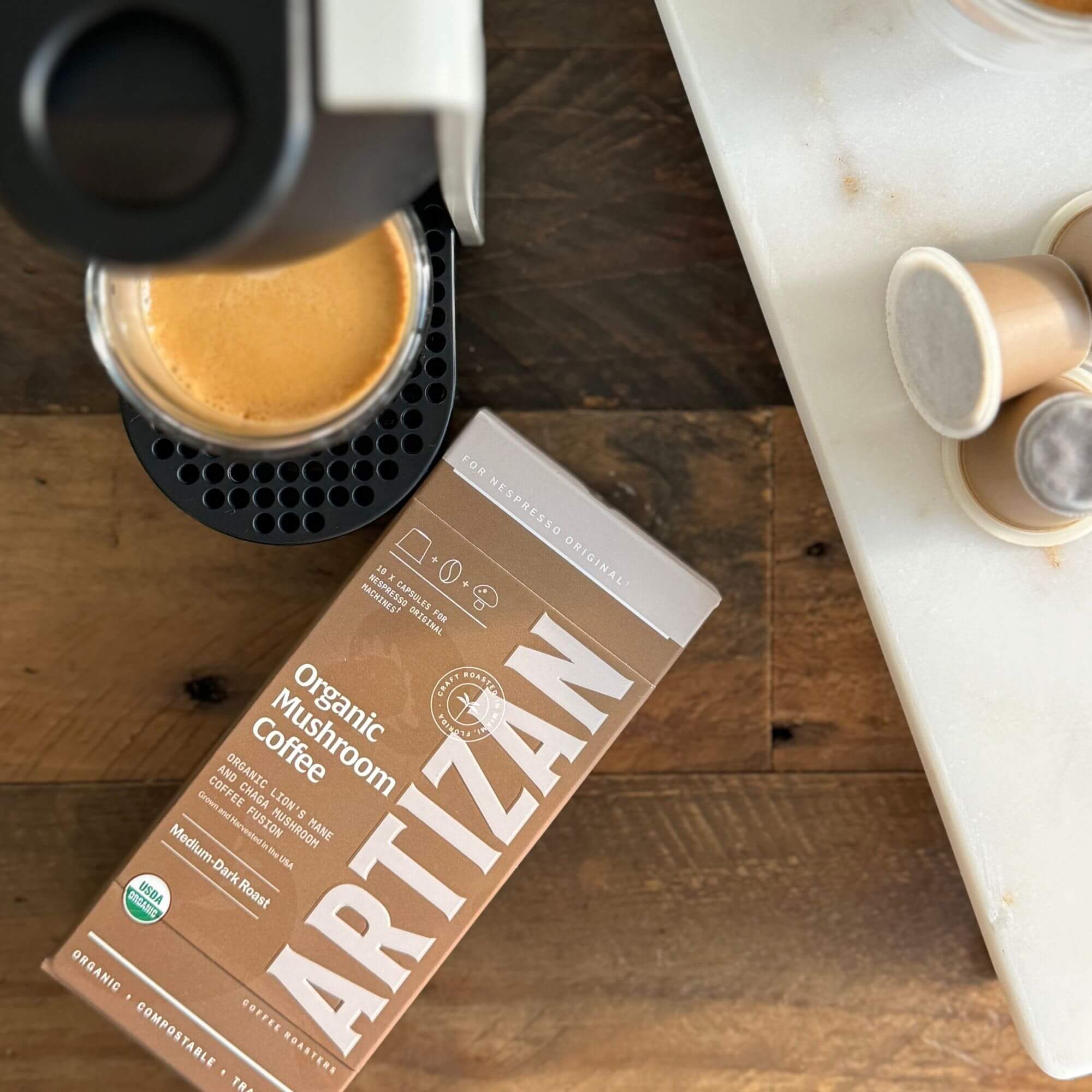
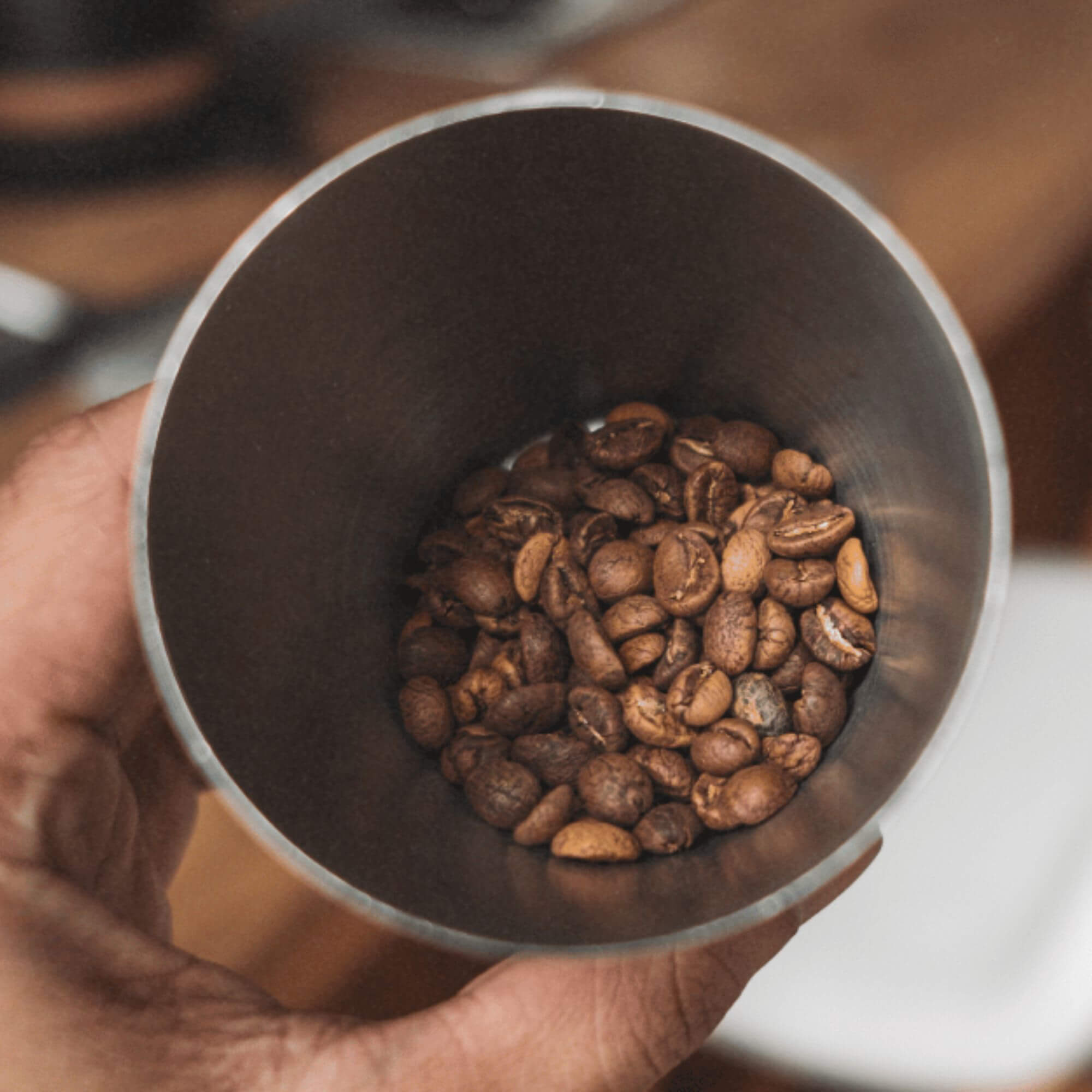
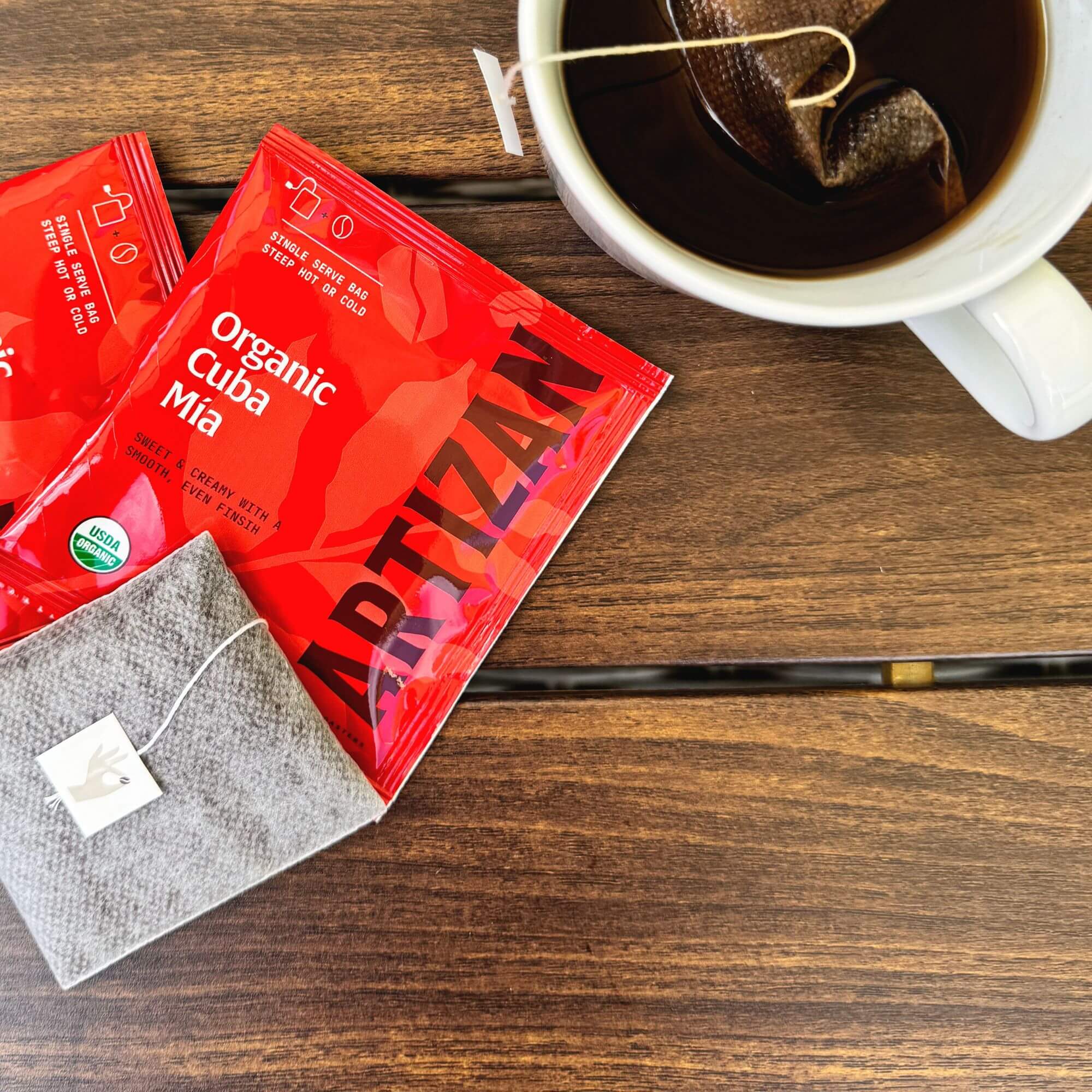

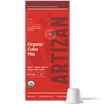

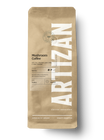
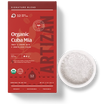

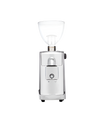
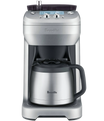

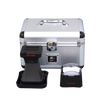






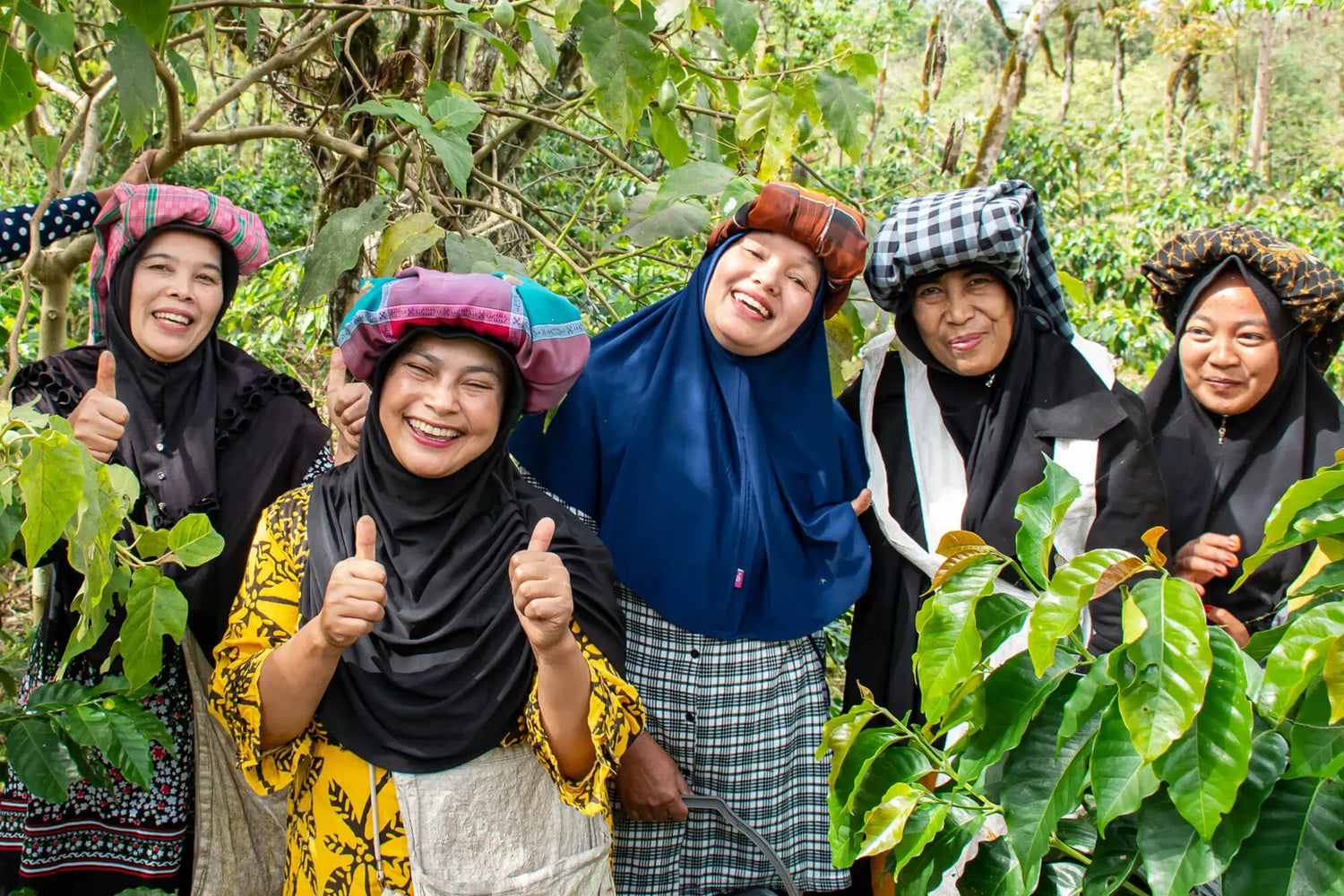

Leave a comment
This site is protected by hCaptcha and the hCaptcha Privacy Policy and Terms of Service apply.